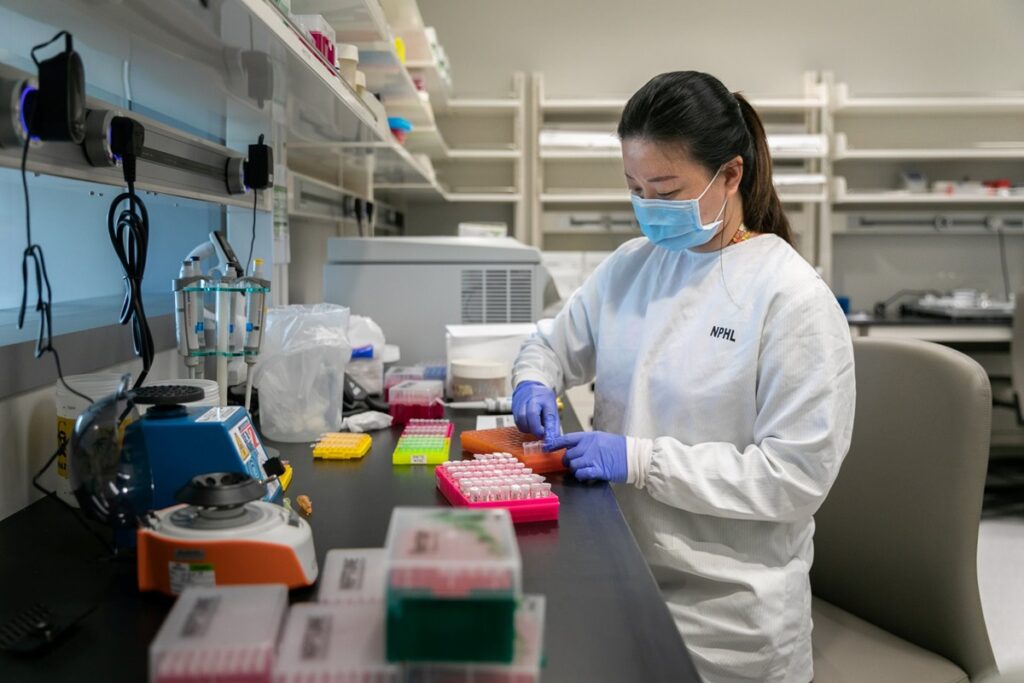The Regional Consultation on the National Essential Diagnostic List (NEDL) for ASEAN Member States was held in Thailand on 6-7 June 2024, organized by the Association of Southeast Asian Nations (ASEAN) and the Economic Research Institute for ASEAN and East Asia (ERIA), and supported by the World Health Organization (WHO).
Diagnostic tests are a key component to ensuring the health of patients around the world. In fact, they are used every day in all healthcare services, not just during pandemics.
Diagnostic services play a critical role in the prevention, diagnosis, management, monitoring and treatment of a wide range of diseases, injuries and disabilities, including communicable, non-communicable, neglected tropical and rare diseases. Diagnostic services are essential to achieving Universal Health Coverage (UHC), including primary health care, implementing the International Health Regulations (IHR), and providing access to quality and equitable services across the continuum of care.
Diagnostic services enable healthcare professionals to identify diseases and health conditions so treatment can be initiated to avoid further complications and costly treatment for patients.
There are currently more than 40,000 in vitro diagnostic testing products available, ranging from traditional laboratory-based tests to point-of-care tests that are essential in resource-limited settings.
Despite this, many countries still lack access to quality diagnostics, and as a result, people continue to suffer from treatable diseases and conditions such as cholera, diabetes, cardiovascular disease, malaria, tuberculosis and HIV.
In vitro diagnostics are also essential for diagnosing various cancers and are a key tool in tackling non-communicable diseases. Ensuring the availability, accessibility, affordability and quality of diagnostics is therefore key to achieving UHC.
Delegates at the meeting discussed the impact of National Essential Diagnostic Lists on UHC and health systems. Several ASEAN Member States shared their experiences in developing and implementing National Essential Diagnostic Lists.
Delegates also heard an update on the progress of national strategies to address diagnostic gaps, including the presentation of a gap analysis conducted by WHO and ERIA in four ASEAN Member States and Timor-Leste that compared diagnostic laboratory availability against the WHO Model List of Essential IVDs (EDL).
The WHO EDL provides a list of recommended in vitro diagnostics (IVDs) that should be available in every country and informs IVD prioritization at different levels of the health system. This work has highlighted critical gaps and identified necessary measures and policy implications to improve diagnostic infrastructure in ASEAN countries. The next phase of the project will conduct gap analyses in other ASEAN countries and support interested ASEAN countries in developing and implementing their own national EDLs.
WHO is working with ERIA to support efforts to ensure availability, accessibility, affordability and quality of diagnostics as a cornerstone of achieving universal health coverage and improving health outcomes in the ASEAN region.
This important collaboration will focus on implementing the Lancet Commission Recommendations on Transforming Access to Diagnostics (2021) and the World Health Assembly Resolution on Strengthening Diagnostic Capabilities adopted by WHO Member States in May 2023.



